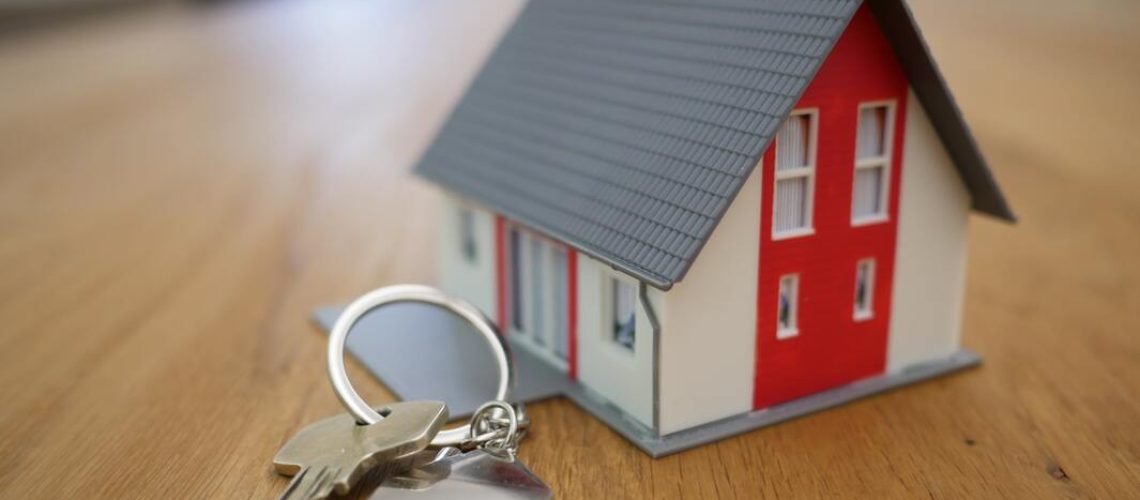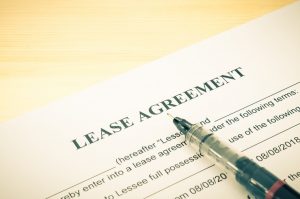You’ve been browsing through listings for weeks, and you think you’ve finally found the perfect home. There’s just one problem: it’s a second-hand home. Buying a second-hand home can be a great way to get more value for your money, but it’s important to know what you’re getting into before making such a large purchase. Here are the most important factors to consider before buying a second-hand home.
Location
Location is everything when you’re in the market for a second-hand home. After all, you can’t change your neighborhood, so it’s important to find an area that suits your lifestyle.
For example, if you have young children, you’ll want to be in a safe neighborhood with good schools. Or, if you work from home, you may want to find a quiet area where you won’t be disturbed by traffic noise.
Of course, location also directly impacts the value of your home, so it’s essential to do your research before making an offer. By taking the time to find the right neighborhood for your needs, you can be sure that your second-hand home will be a wise investment.

Why the Previous Owners Left
Before you buy a second-hand home, it’s important to know why the previous owners left. There could be hidden problems that they couldn’t fix, or they may have simply outgrown the house and needed something larger. Whatever the reason, it’s essential to be aware of potential issues before you make an offer on the property.
One way to find out why the owners left is to speak to the neighbors. They may have overheard conversations or been privy to information you’re not. Another option is to check public records for clues about the previous owners, such as eviction notices or foreclosure filings. Doing your homework can help ensure you’re making a sound investment in your new home.
Age of the Home
When you’re buying a second-hand home, it’s important to take the age of the house into account. You’ll want to keep a few things in mind when considering an older home.
For one, older homes may need more maintenance and repairs. You’ll also want to check for signs of wear and tear, such as cracks in the foundation or walls, water damage, or pests. Additionally, older homes may not have the same energy efficiency as newer homes. This means that your utility bills may be higher. Finally, you’ll want to be aware of any asbestos or lead paint in the house, as these can be health hazards.
If you’re considering an older home, it’s important to be aware of any potential problems.
Size of the Home
When you’re in the market for a second-hand home, one of the most important factors to consider is the size of the house. After all, you want to ensure that your new home will be big enough to comfortably accommodate your family and all your belongings. But how do you know what size house is right for you? Here are a few things to keep in mind:
First, consider the number of bedrooms and bathrooms you’ll need. Do you have a large family, or do you just need a few extra rooms for guests? Second, take into account the size of your furniture. If you have large pieces or lots of bulky items, you’ll need more space than someone with smaller furnishings. Finally, think about how much storage space you’ll require. Will you need a basement or attic for holiday decorations and out-of-season clothing? If so, make sure that your new home has enough room to accommodate those items.
By taking these factors into consideration, you can be sure to find a second-hand home that’s the perfect size for your needs.
Your Personal Circumstances
It’s essential to take your personal circumstances into account before buying a second-hand home. How much can you afford to spend? Are you prepared for unexpected repairs? Do you have any experience with owning and maintaining a property? Answering these questions honestly will help you determine if buying a second-hand home is the right decision for you.
If you really do want the house, you can take out a mortgage from a trusted mortgage lender. They will give you the money you need for the down payment and any other fees associated with buying a home. They will also work with you to create a repayment plan that fits your budget. Just remember to shop around for the best interest rates and repayment terms before signing on the dotted line.
Final Thoughts
Buying a second-hand home can be a great way to get more value for your money, but it’s important to know what you’re getting into before making such a large purchase. Now, you know the most important factors to consider before buying a second-hand home. Be sure to take all of these factors into consideration before making your final decision so that you can be confident that you’re getting the best possible deal on your new home.





